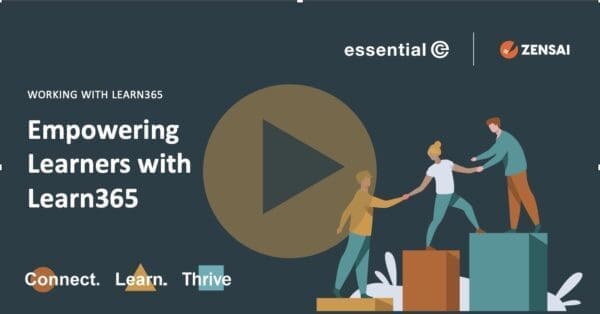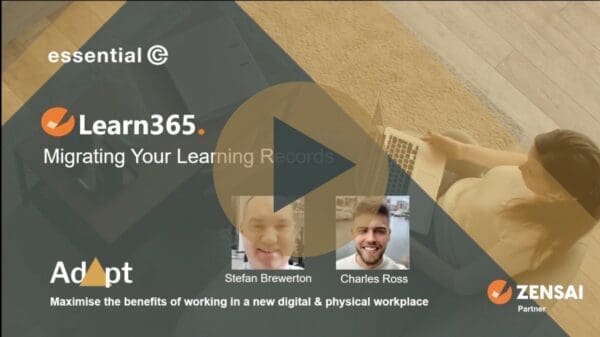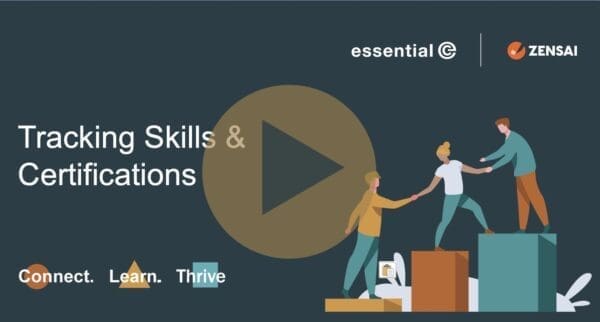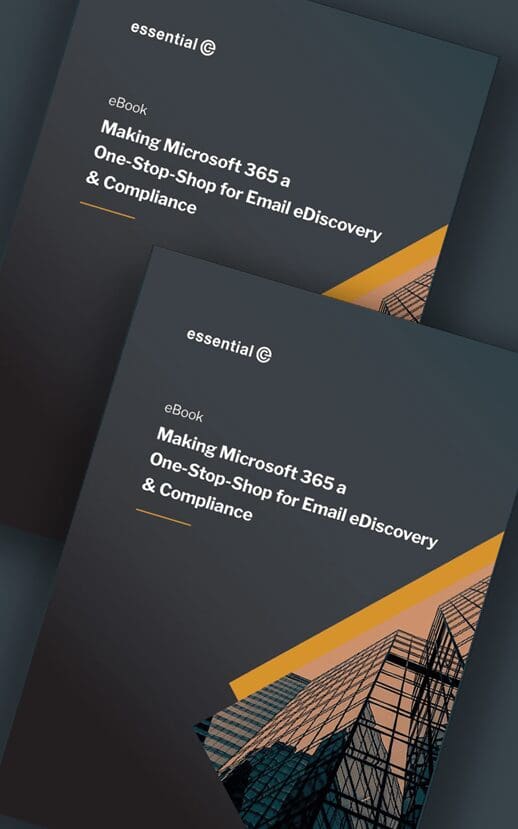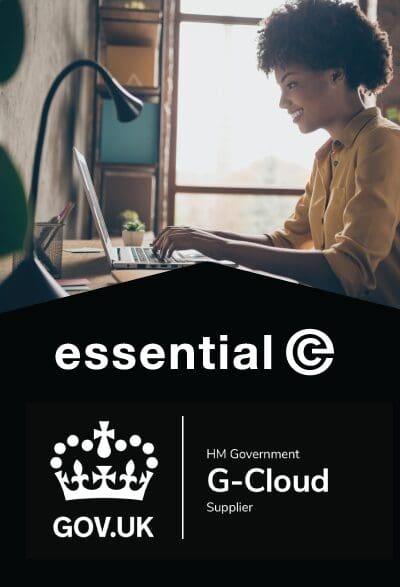Learning Management
The Benefits of LMSs for Government
As remote learning, virtual training and other eLearning technology has become commonplace since Covid-19, so has the use of Learning Management Systems (LMS) to help manage the creation, delivery, and management of eLearning.
The use of LMSs within UK government predates the pandemic. For example, the NHS has been using a national eLearning platform called eLearning for Healthcare (e-LfH) since 2006. Similarly, the Civil Service has been using an LMS called Civil Service Learning (CSL) since 2014.
In this article we will look at why LMS are so valued within UK Government, and specifically how an LMS that builds on top of the Microsoft 365 ecosystem, and specifically Microsoft Teams, can offer significant advantages.
Benefits of LMSs for Government
LMSs help streamline training delivery across large enterprises
With a very large workforce to train, government bodies need an efficient way to manage their training programs. LMSs provide a platform for organising, delivering, and tracking training courses, making it easier for government bodies to ensure that all employees receive the necessary training and to a consistent level.
An LMS helps meet compliance remits
Government bodies are often subject to strict compliance regulations, and LMSs can help ensure that employees are trained and certified in accordance with these regulations. They can also provide a record of employee training, which can be used to demonstrate compliance with regulations or to defend against legal challenges.
An LMS can reduce the costs associated with training
A platform for training delivery and management can reduce the need for expensive in-person training sessions and everything that goes with that, including travel and accommodation expenses, catering, and so on. It can also streamline the administrative tasks involved.
LMSs help with continuity of learning and performance improvement
LMSs support continuous learning and development, enabling learners to access new information and skills as they become available. This is particularly important in government, where employees may need to keep up to date with changes in regulations or policies.
What makes Microsoft Teams a great platform for an LMS?
A learning management system (LMS) that is built on Microsoft Teams can be important for government bodies for several reasons
Familiarity & accessibility
Many government bodies already use Microsoft Teams as their primary collaboration and communication tool.
By building an LMS on this platform, employees can easily access training and development resources within the same familiar interface they already use for work. There’s nothing new to learn or a separate portal to log into.
Cost-effective & fast LMS rollout
Using a pre-existing platform like Microsoft Teams to build an LMS can be more cost-effective than developing a new system from scratch. It can also massively reduce the timelines and resources involved in getting ‘up and running’.
This can be particularly important for government bodies with limited budgets.
Secure access to learning
Government bodies often handle sensitive data, so it is essential to ensure that any learning management system they use is secure.
Microsoft Teams provides various security features, such as multi-factor authentication, single sign-on through Active Directory, and encryption of data in transit and at rest. These security measures are ‘baked in’ to the underlying infrastructure, requiring no additional involvement from the IT team to check or assess the security measures that may exist in a separate system.
Centralised learning management
By integrating an LMS into Microsoft Teams, government bodies have the option to centralise and simplify their learning management processes.
For example, administrators can create training modules and assessments for specific roles or departments within the organisation and automatically assign them using existing Teams and Teams Channel memberships.
This helps to ensure that all employees receive the training they need to perform their jobs effectively whilst reducing the overheads of managing department and group membership in a separate system.
Real-time communication & learner support
Teams provides real-time communication tools, such as chat, audio, and video conferencing. These familiar, integrated tools allow learners to communicate and collaborate with each other and subject matter experts in real-time.
Easy support for VILT & hybrid training courses
Microsoft Teams delivers the ideal platform for scheduling and delivering online training in real-time, aka virtual, instructor-led training.
Delegates can be fully remote or ‘hybrid’, with some attending in-person (using an in-room video conferencing system or their own laptops), and others joining remotely. Either way, the Teams platform provides the ideal platform for training, with facilities that include:
- Access to shared course materials
- Ability to work on the same documents concurrently
- Support for breakout rooms in which delegates can ‘split out’ to work on tasks
- Built-in feedback and delegated presentation facilities for course members to present their ‘findings’
Importantly, Teams sessions also be recorded and provided as part of on-demand training modules along with a full transcription.
Integration with other Microsoft applications
Teams integrates with other Microsoft 365 applications, such as OneDrive, SharePoint, and Exchange online, making it easy to collaborate on documents, share files, and access other learning resources.
In summary, a learning management system that is built on Microsoft 365 and Teams can be important for government bodies because it provides a secure, cost-effective, and centralised platform for delivering employee training and development.
Essential eBook
Transform your company’s onboarding experience



